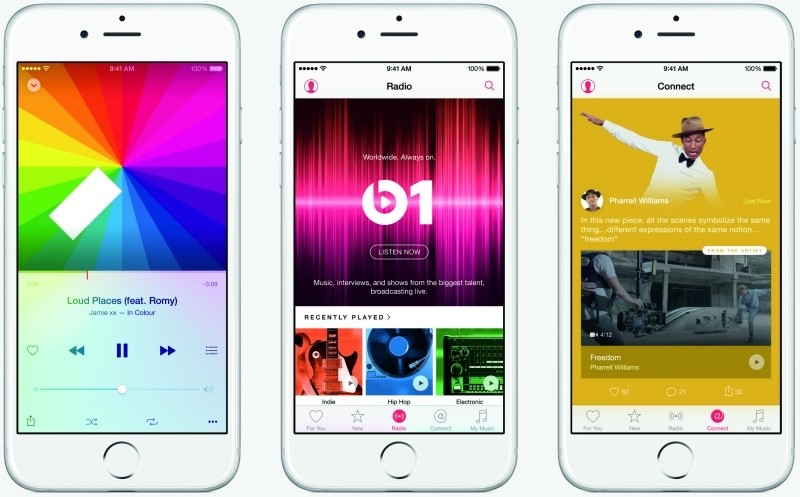Apple has once again found itself at the epicenter of controversy as it pertains to music. This time, however, it's artists - not consumers - that are up in arms over the Cupertino-based company's latest undertaking.
If you recall, Apple unveiled the long-rumored streaming music service during its annual developer conference earlier this month. Apple Music's catalog of over 30 million tracks and curated playlists are more or less on par with the competition and although it's not as affordable as rumors first led us to believe, the service is expected to go toe to toe with Spotify (a company not without its own set of issues) as the industry's top dog.
Apple Music goes live on June 30 in more than 100 countries across all of Apple's devices and on the PC. Apple has a massive user base and more than enough cash in the bank to spend on marketing campaigns. And unlike some of its other music products, the service will be available to Android users in the coming months.
In a bid to grow the service as quickly as possible, Apple is offering a free three-month trial to anyone that signs up for Apple Music. After that, subscribers will be charged $9.99 per month or $14.99 per month for a family plan.
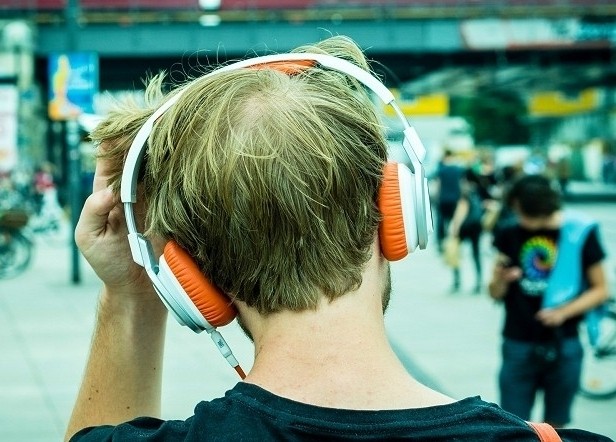
Free music (there's no free tier, by the way) for three months is no doubt viewed as a great idea to Apple and end-users, a frightening idea to the competition and apparently a terrible idea to those that create the music we love.
While Apple's 71.5 percent revenue share is roughly in line with the competition, it's the free three-month trial that sparked outrage among music makers. Apple initially announced it wouldn't pay music owners anything for their songs that are streamed during the free trial period. Spotify, in comparison, compensates music owners for every single stream, even if it's during a trial period. Apple's terms could have had far-reaching implications.
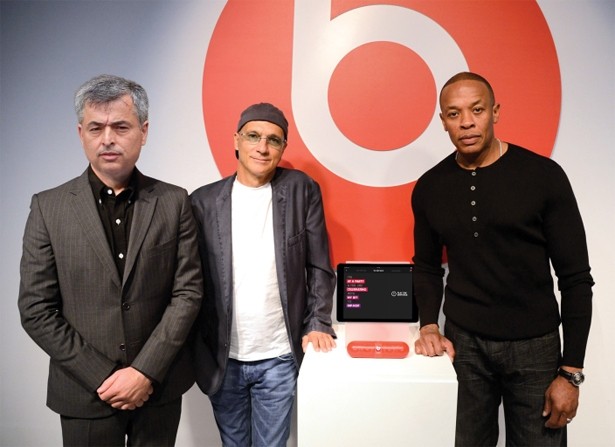
A handful of independent music labels in the UK recently said the trial period could literally put people out of business. As a result, the labels are refusing to add their songs to the service. Andy Heath, chairman of the industry lobby group UK Music, claims no British independent labels have agreed to Apple's terms.
Independent labels weren't the only ones upset over the batter. In a Tumblr post on Sunday, Taylor Swift said Apple has been one of her best partners in selling music and creating ways for her to connect with her fans. That said, she described the company's decision to not pay royalties during the trial period as shocking, disappointing and completely unlike the "historically progressive and generous company."
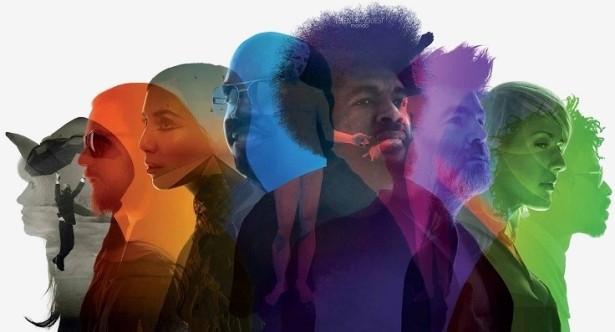
Swift added that it's not about her as she has the means to support herself, her band, crew and entire management team by playing live shows. Instead, she's concerned about new artists, bands, songwriters and producers that won't be paid for the success of their first single. Swift said she is speaking for others that are afraid to speak up publicly because they admire and respect Apple so much and is encouraging the company to reconsider the policy.
And that's when the ball dropped low enough, Apple reacted quickly and by Sunday night, retracted on their stance. They will pay artists during the trial period:
#AppleMusic will pay artist for streaming, even during customer's free trial period
--- Eddy Cue (@cue) June 22, 2015
We hear you @taylorswift13 and indie artists. Love, Apple
--- Eddy Cue (@cue) June 22, 2015
The pop artist withdrew her catalog from Spotify late last year over similar concerns although some at the time felt it was a savvy business move to help drive sales of her then-new album, 1989.
The strategy may have paid off as the album sold 1.287 million copies during the first week of release in the US, more than any other album since 2002, and became the best-selling album of 2014 in the US. Spotify was seemingly unfazed by Swift's diss as it managed to double its paid subscriber count over the past year to more than 20 million.
There will be plenty of buzz around Apple Music over the coming months but it's important to also remember that it's not the only act in town. Spotify, Rhapsody, Google Music, Milk Music, Rdio, Pandora and Tidal are just a few of the many viable alternatives to Apple Music. And because Apple's music strategy is a bit of a mess right now (perhaps Apple Music will help consolidate things a bit?), there are multiple options under the Apple umbrella to choose from.
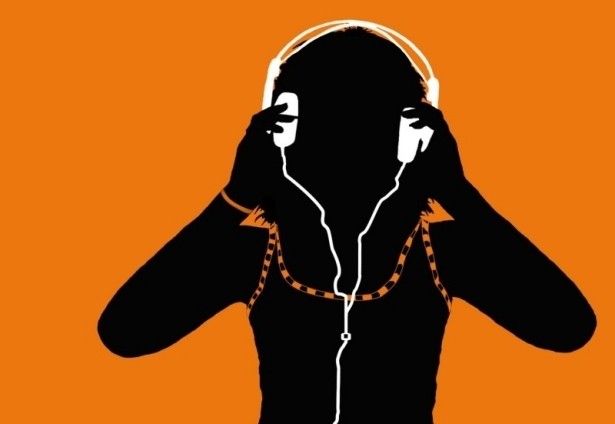
Apple Music doesn't seem to be in a position where it can easily end up dominating the landscape, hence it's softer stance to a valid concern from artists, nevertheless if there's one thing we've learned over the years, it's to never underestimate Apple.
Then again, some argue that it's the record labels, not streaming providers, that are screwing over musicians, but that's a debate for another time.
